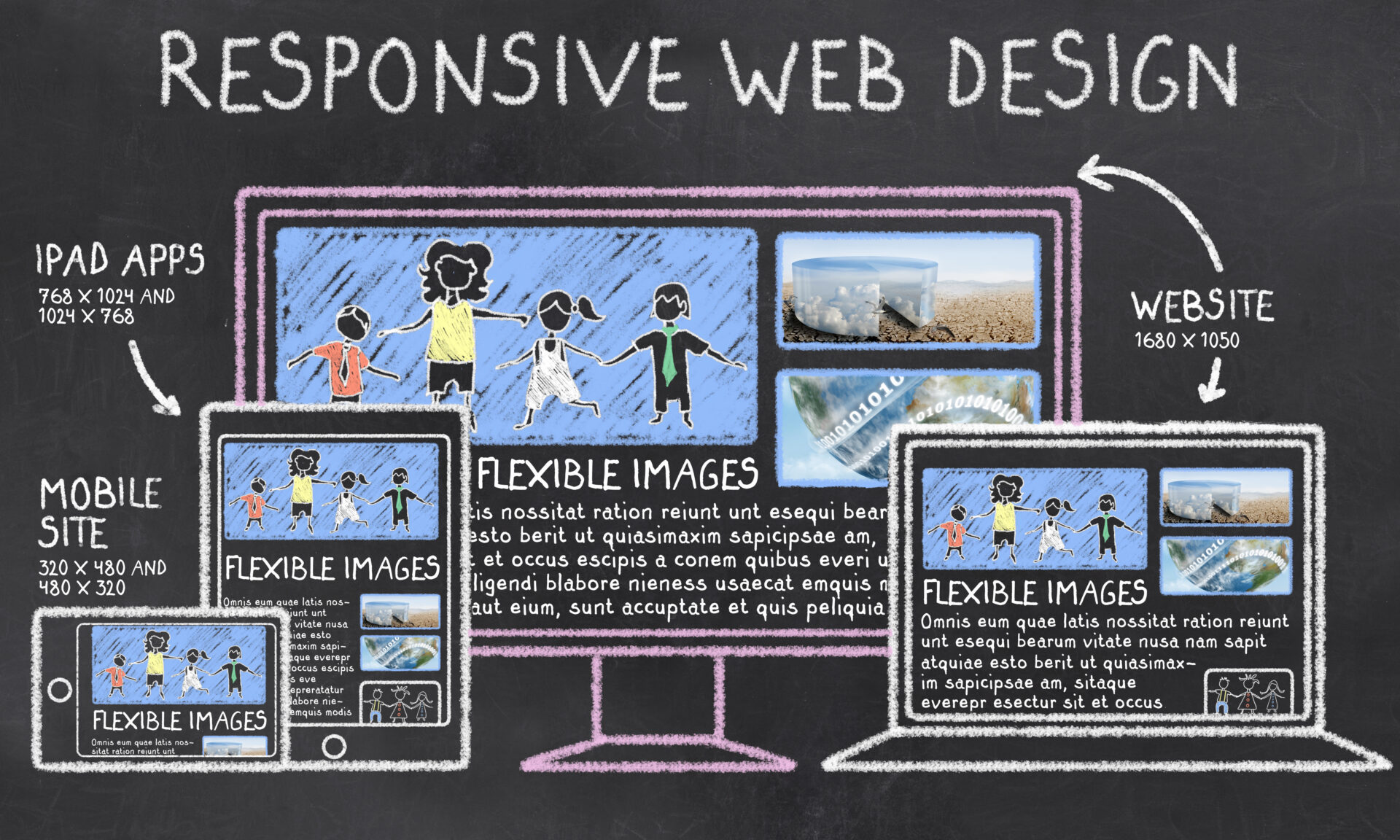In today’s fast-paced digital world, mobile optimization is no longer a luxury—it’s a necessity.
With over 60% of global website traffic (up 10% in just one year) now originating from mobile devices, your website’s mobile performance can significantly impact your business’s success.
The Rising Tide of Mobile Traffic
The importance of mobile optimization is underscored by the staggering statistics. In 2023, mobile devices account for approximately 60% of global website traffic. This shift towards mobile usage means that your website must not only be accessible on mobile devices but also optimized for an exceptional user experience.
“In today’s fast-paced digital world, not optimizing for mobile is like closing your store one day each week.”
Impact on Website Conversions
Mobile optimization significantly impacts website conversions. A study by Think with Google found that if a mobile site takes longer than three seconds to load, 53% of visitors will leave. Additionally, a one-second delay in mobile load times can reduce conversions by up to 20%.
It’s crucial to test your website regularly to ensure optimal performance. Google offers a handy tool for this at pagespeed.web.dev, which can help identify areas for improvement. Regular testing and optimization are key to maintaining a fast, efficient, and conversion-friendly mobile website.
User Experience is Key
Mobile users expect quick, easy, and enjoyable browsing experiences. Sites that are not optimized for mobile often suffer from issues like slow loading times, difficult navigation, and unresponsive design—elements that can drive potential customers away.
Current Mobile Optimization Trends
To stay ahead, it’s crucial to keep abreast of the latest mobile optimization trends. In 2023, these include:
Simplified Navigation: Clean, straightforward navigation enhances user experience.
Accelerated Mobile Pages (AMP): Speed is critical, and AMP helps websites load faster on mobile devices.
Responsive Design: Websites should automatically adjust their layout based on the device’s screen size.
Voice Search Optimization: With the rise of digital assistants, optimizing for voice search is becoming increasingly important.
Artificial Intelligence: AI can personalize user experiences based on individual browsing behaviors.
Augmented Reality: Integrating AR can offer unique, interactive experiences for users.
Chatbots for Instant Interaction: Chatbots provide immediate assistance, improving user engagement and satisfaction.

Why RHM Focuses on Mobile Optimization
At Rock Harbor Marketing, we understand that mobile optimization is not just about making your website ‘mobile-friendly.’ It’s about creating an engaging, intuitive, and seamless experience that resonates with your audience—wherever they are. By focusing on the latest trends and user expectations, we craft digital strategies that enhance engagement, boost conversions, and ultimately, drive business success.
In conclusion, mobile optimization is an essential component of any successful digital marketing strategy. With the evolving digital landscape, staying updated and optimizing for mobile users can make the difference between thriving and merely surviving in the competitive online world.
“Mobile users are demanding. If your website isn’t up to par with their expectations, they’ll leave and find one that is.”
REFERENCES USED FOR THIS ARTICLE
- “Mobile Usage Statistics: The Latest Data” – Statista
- “E-commerce Trends and Statistics” – Digital Commerce 360
- “Mobile Search Engine Market Share” – NetMarketShare
- “User Experience and Mobile Optimization” – Nielsen Norman Group
- “Latest Trends in Digital Advertising” – eMarketer
- “Google’s Mobile-First Indexing: What It Means for Your Website” – Search Engine Journal
- “Mobile Page Speed & Its Impact on User Engagement” – Google Webmaster Central Blog
- “Global Mobile Traffic Forecast” – Cisco Annual Internet Report
- “Mobile Optimization Best Practices” – Moz Blog






Recent Comments